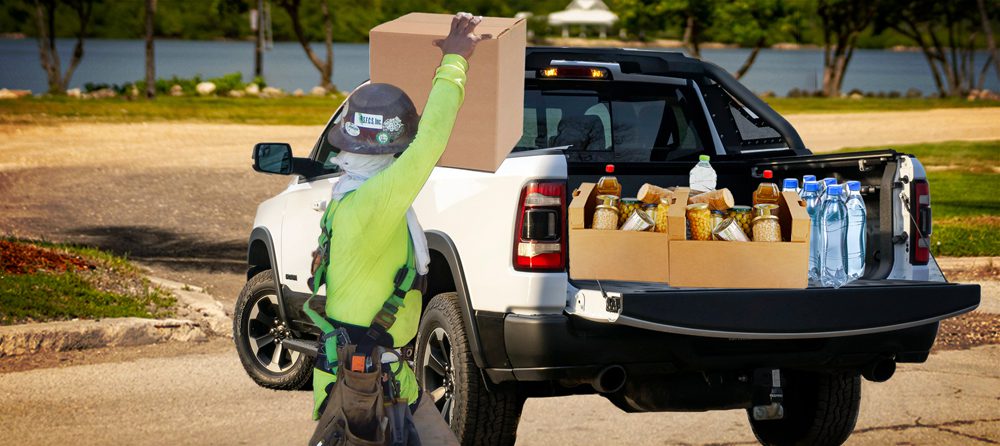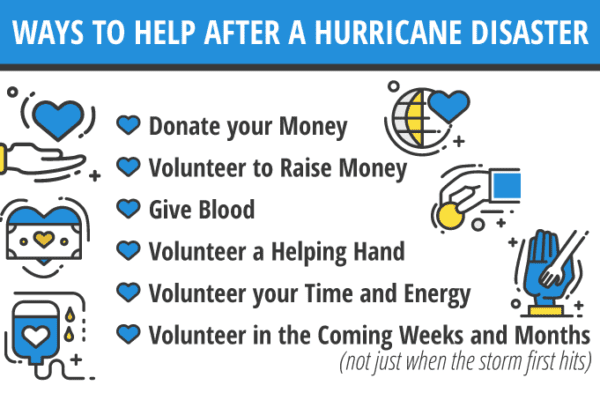Hurricane Ian, one of the most powerful storms in US history, made landfall on the West Coast of Florida and again in the Carolinas. Hurricane Ian caused mass destruction and wiped out entire communities while its outer bands and path across states wreaked havoc not just in coastal areas but inland as well. The buildings it took down—both residential and commercial—were not built to today’s hurricane codes and standards. The rebuilding needed to return people to the life they once knew is years away.
As I write this blog, close to eighty people have lost their lives to Ian, and early estimates to rebuild are $50 billion or more. The deadliest US hurricane prior to Ian struck in August 2005, with Katrina costing over $100 billion to recover from. Seventeen years later, New Orleans is still not fully recovered. Andrew hit South Florida in 1992, and those of us who are old enough to remember can still talk about it as though it was yesterday. How far we have come that new technologies and shared resources from across the country can help bring power, phone coverage, and clean water to stricken areas so much faster.
Looking at the pictures brings such a mixed bag of emotions. Construction professionals are quick to want to jump into action when their hearts are stirred.
How do you determine if you stay or if you go to help before or after a natural disaster without jeopardizing your current job?
Take time to have these discussions with your direct supervisor and give them enough time to have the conversations with other leaders and get back to you.
If you do not belong to a group that has planned accordingly to go into the area, it might not be advantageous for you to go immediately following the disaster. You may not find accommodations, or you may be limited to where you can go or what you can do without governing approvals.
If you plan on missing time from work, it is important to follow your company’s policies for time off. Your employer will be more likely to support your efforts and may even contribute if you are professional with your planning. They have a business to run and clients to service despite their hearts most likely wanting to help as well.
In October 2017, I wrote an article regarding those who lost their jobs during Irma. The article was a result of us hearing of many individuals who had lost their jobs for not making appropriate arrangements through conversation with their employers before evacuating.
The West Coast of Florida and other areas hard hit by Ian will have to rebuild over time, just like other areas that have suffered destruction in the past. Unless you have family ties to the area or preplanned obligations as a member of the reserves or FEMA, chasing construction work in storm-damaged areas may not be the best for your career. This is especially true if you are committed to an employer and project right where you are.
There are plenty of ways to feel good about helping without physically needing to be boots on the ground over a long period. Below are links for suggested organizations to give time, items, or money to.
We are fortunate that here in the USA, we have people employed in full-time jobs to respond to natural disasters across the country in paid and volunteer roles. They are trained before deploying to the field during a natural disaster and will also have preplanned accommodations. Many universities across the country, including Everglades University in Florida, offer programs on Crisis and Disaster Management.
Casey DeSantis has led the fund raising after activating the Florida Disaster Relief Fund and businesses across the country have stepped up to donate. You can see the many ways they are helping from financially to setting up relief stations at their places of business and providing volunteers.
If construction is your career versus crisis and disaster management, place value on your projects and your employer. Ultimately, you will earn the pay and respect, which will offer you the privilege to follow your heart and help with your hands without burning bridges. Your employer might even participate themselves or with other resources and funds.
If an employer or recruiter offers you a big increase in pay for disaster repair work, think twice! There is usually a catch even beyond supply and demand. What motivates you today might limit your options tomorrow.
A heart to help goes a lot further with the support of the others you already have relationships with. It is good to give and best only to go in the right time. Value your commitments at home so you can have not only the choice of going but a warm welcome if you choose to come back.
To Your Generosity Construction Pros,
Suzanne Breistol, on behalf of the FLCC Team!
- Florida Disaster Fund
- Charity Navigator
- Convoy of Hope
- Operation Blessing International
- Samaritan’s Purse





